The relentless march of technology sees us upgrading our gadgets every few years – iPhones, processors, graphics cards – with older hardware often resold or discarded. Yet, surprisingly, many outdated devices remain functional and even crucial. Here are eight examples of vintage tech defying obsolescence:
Table of Contents
- Retro Computers Mining Bitcoin
- A Reliable Mechanic's Assistant Since the '80s
- Vintage Tech as a Bakery POS System
- Outdated Systems Managing Nuclear Arsenals
- Windows XP Powers Multi-Billion Dollar Aircraft Carrier
- Critical Airport Infrastructure Fails Due to Legacy Software
- Classic Hardware Used for Cutting-Edge Research
- Nostalgia Keeps Old Systems Alive
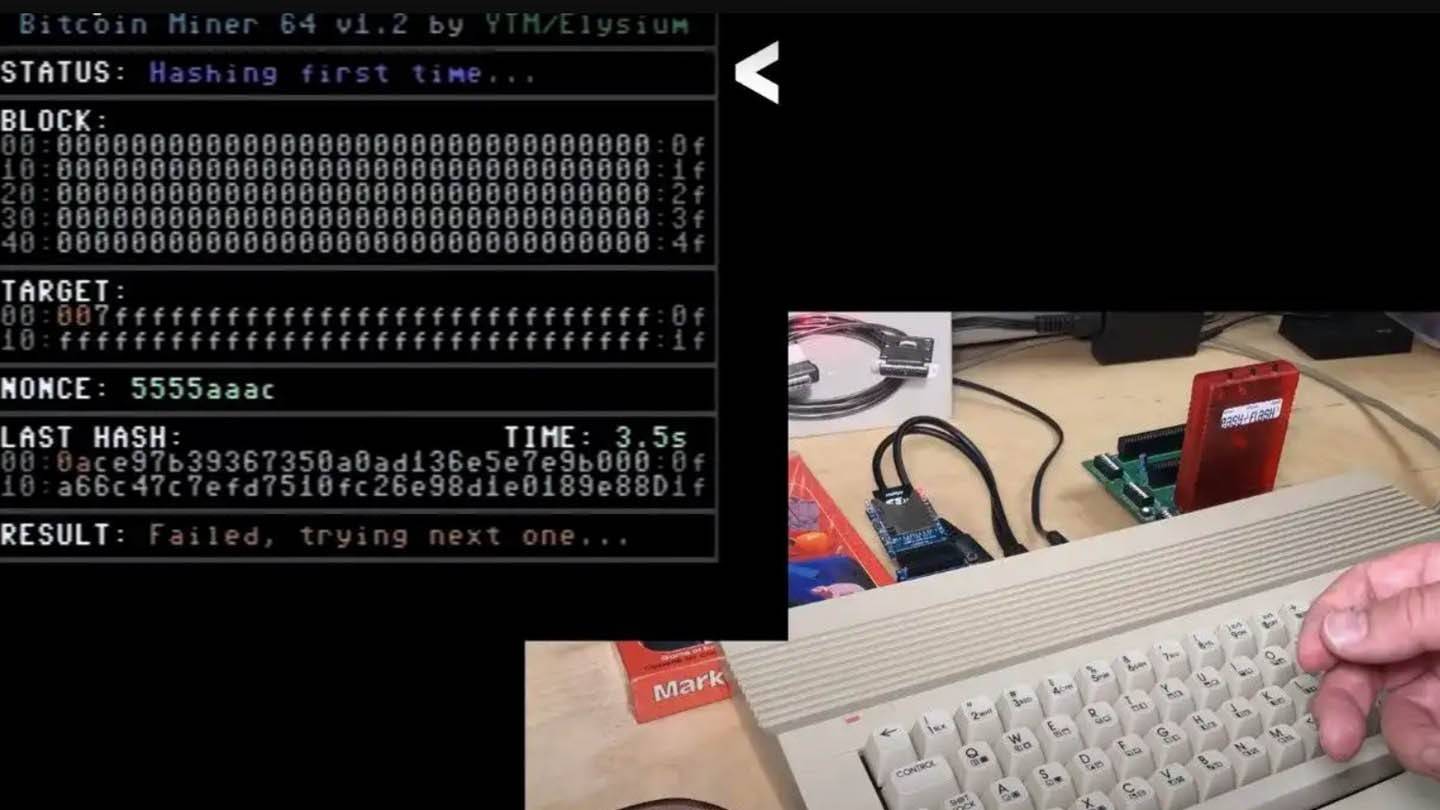 Image: x.com
Image: x.com
Retro Computers Mining Bitcoin: A Commodore 64 (1982) was shown to mine Bitcoin, albeit incredibly slowly (0.3 hashes per second). A Game Boy (1989), connected via a Raspberry Pi Pico, fared slightly better (0.8 hashes per second), but both pale in comparison to modern ASIC miners. The time required to mine a single Bitcoin on these systems would be astronomically long.
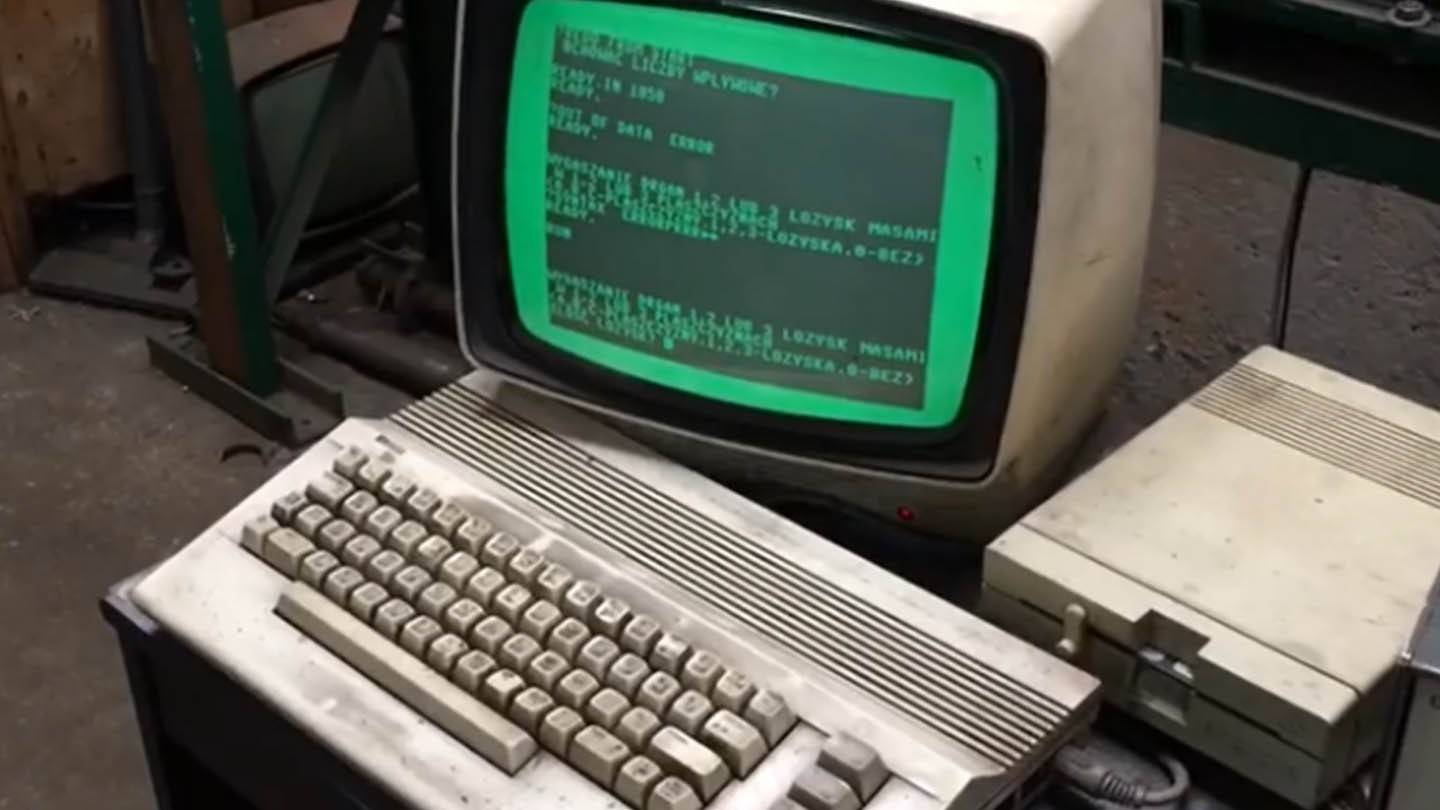 Image: x.com
Image: x.com
A Reliable Mechanic's Assistant Since the '80s: A Commodore 64C in Gdansk, Poland, has assisted mechanics for over 30 years, even surviving a flood. Its simple software, running on a 1 MHz CPU and 64 KB of RAM, continues to perform crucial calculations.
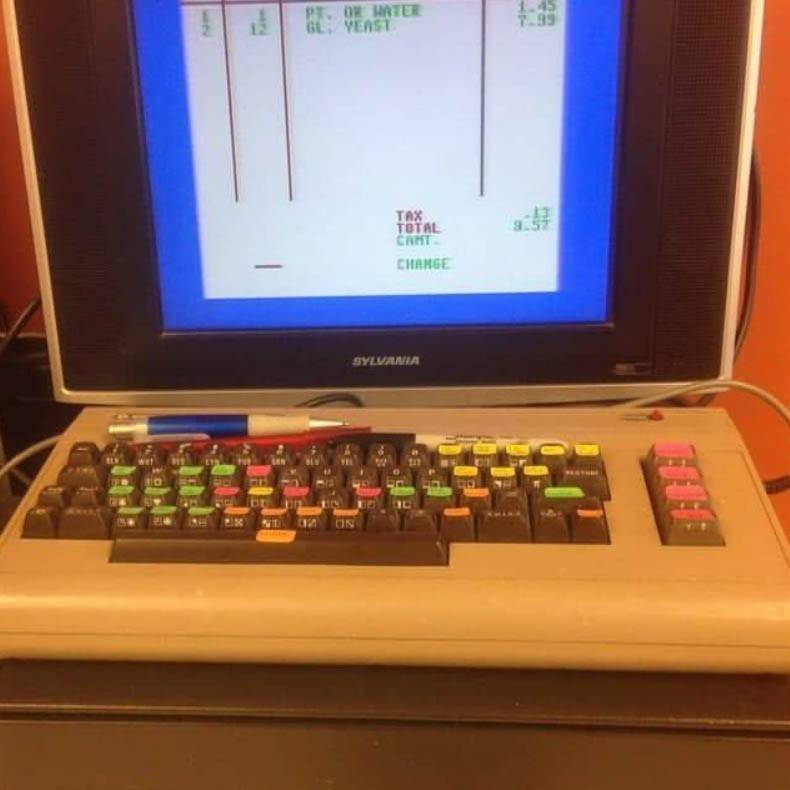 Image: x.com
Image: x.com
Vintage Tech as a Bakery POS System: An Indiana bakery has used a Commodore 64 as its POS system since the 1980s. Its reliability, requiring only occasional keyboard label updates, surpasses the frequent software issues of modern systems.
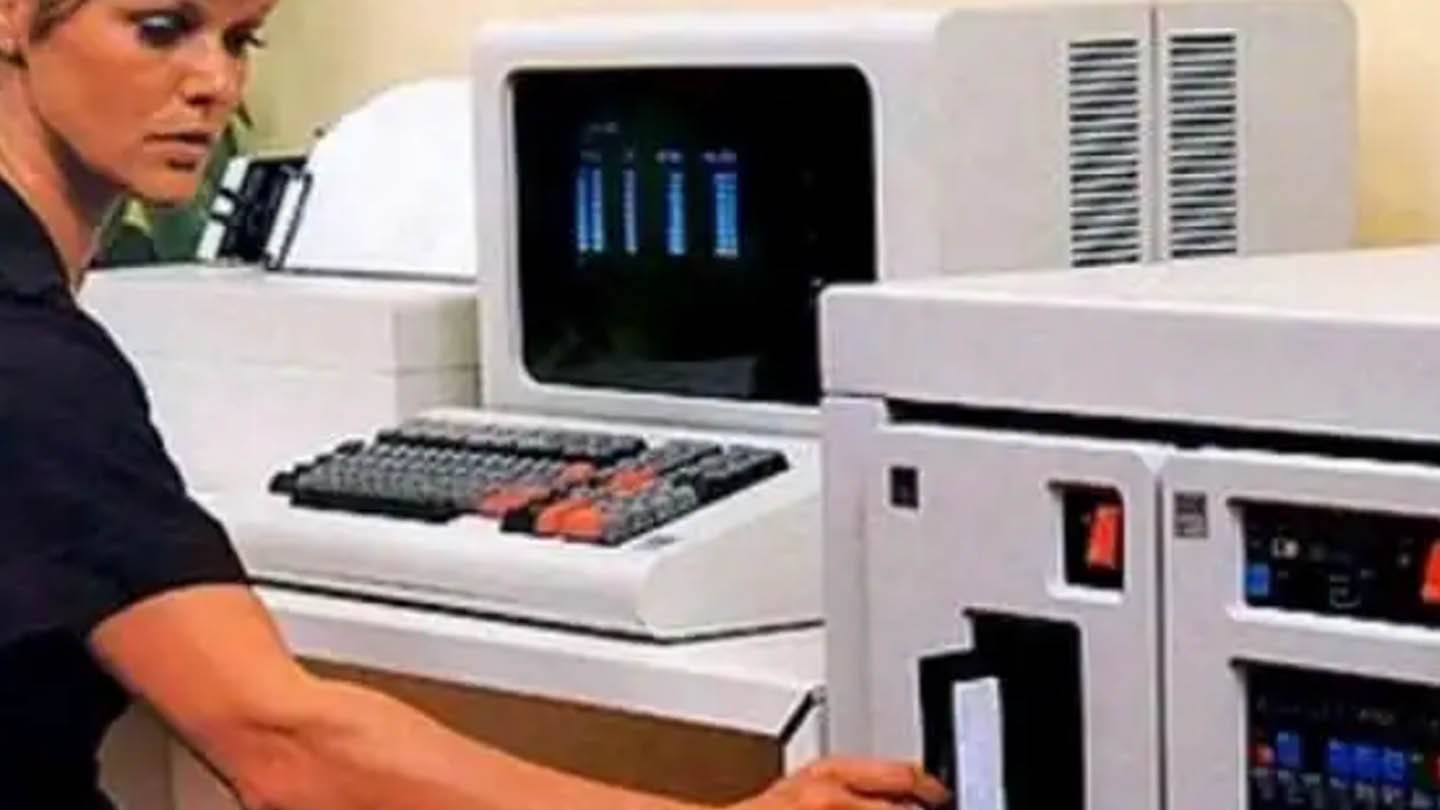 Image: x.com
Image: x.com
Outdated Systems Managing Nuclear Arsenals: The US manages part of its nuclear arsenal using a 1976 IBM computer and 8-inch floppy disks. While modernization is planned, its proven reliability maintains its role. Similarly, German Brandenburg-class frigates utilize 8-inch floppy disks, with upgrades focusing on emulators rather than complete replacement.
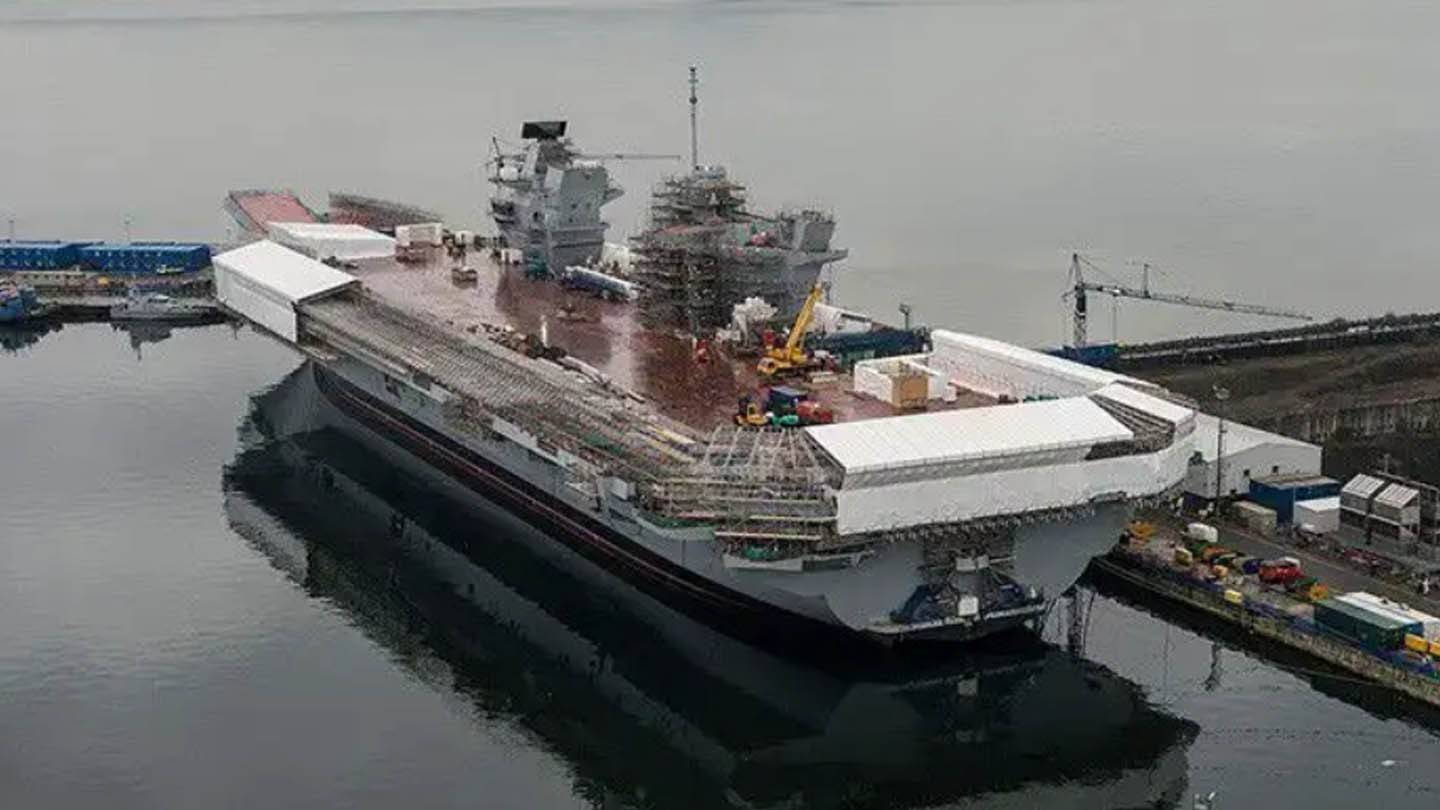 Image: x.com
Image: x.com
Windows XP Powers Multi-Billion Dollar Aircraft Carrier: The HMS Queen Elizabeth, a multi-billion dollar aircraft carrier, runs on Windows XP (support ended 2014). While the Royal Navy assures security measures are in place, this reliance on outdated software is noteworthy. The same applies to Britain's Vanguard-class submarines using Windows XP for missile management, although these systems are offline for security reasons.
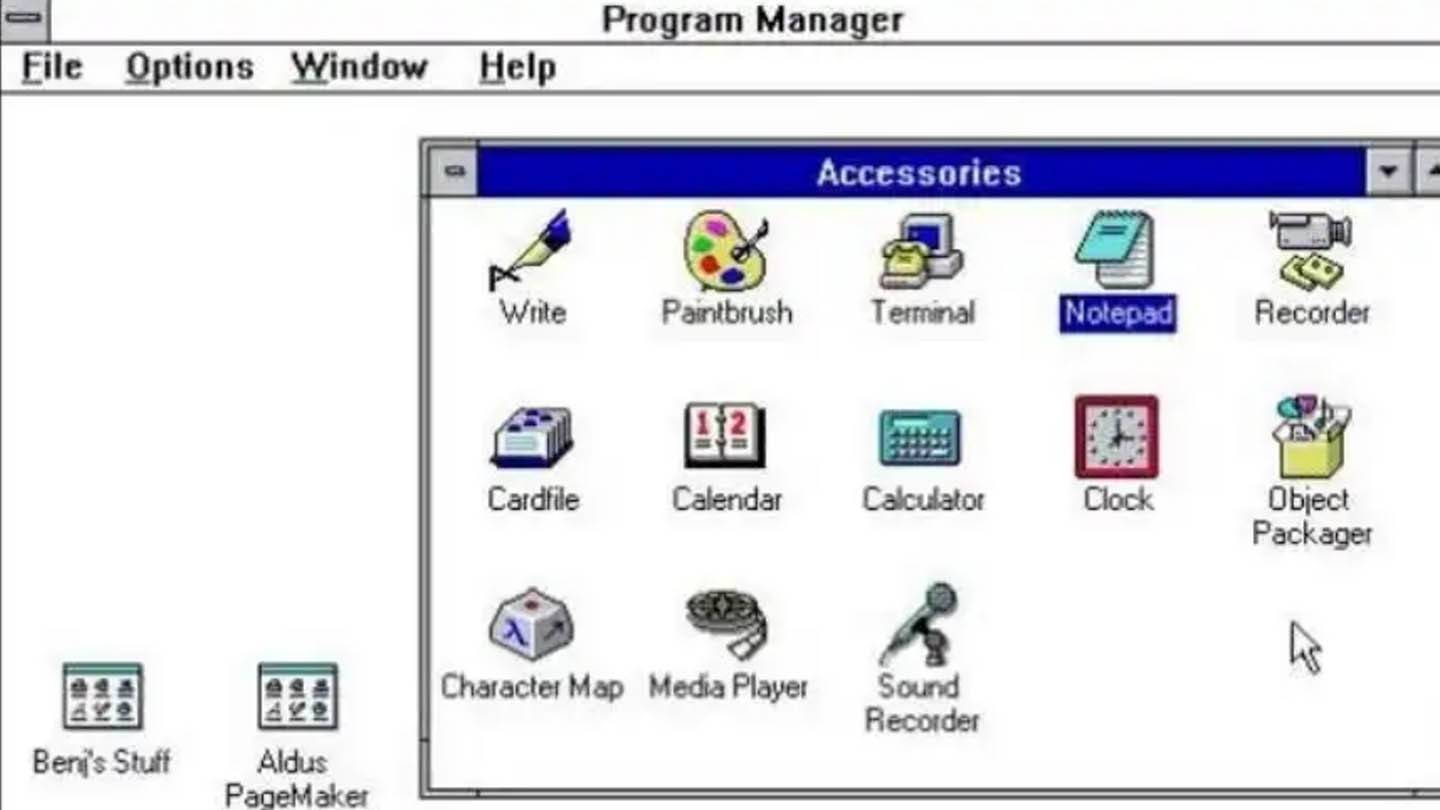 Image: x.com
Image: x.com
Critical Airport Infrastructure Fails Due to Legacy Software: A 2015 failure at Paris Orly Airport, caused by a Windows 3.1 crash, highlighted the risks of relying on outdated software for critical infrastructure.
Classic Hardware Used for Cutting-Edge Research: Retro computers are frequently used in educational settings and research for teaching programming fundamentals and simulating simple experiments. Their simplicity facilitates understanding core computing principles.
Nostalgia Keeps Old Systems Alive: Many organizations maintain legacy systems due to familiarity, established workflows, or the cost of upgrading.
These examples demonstrate the surprising resilience of outdated technology, highlighting the enduring value of simplicity and reliability, even in the face of modern advancements. While upgrades are inevitable, these systems serve as a reminder of the past's continued relevance.















